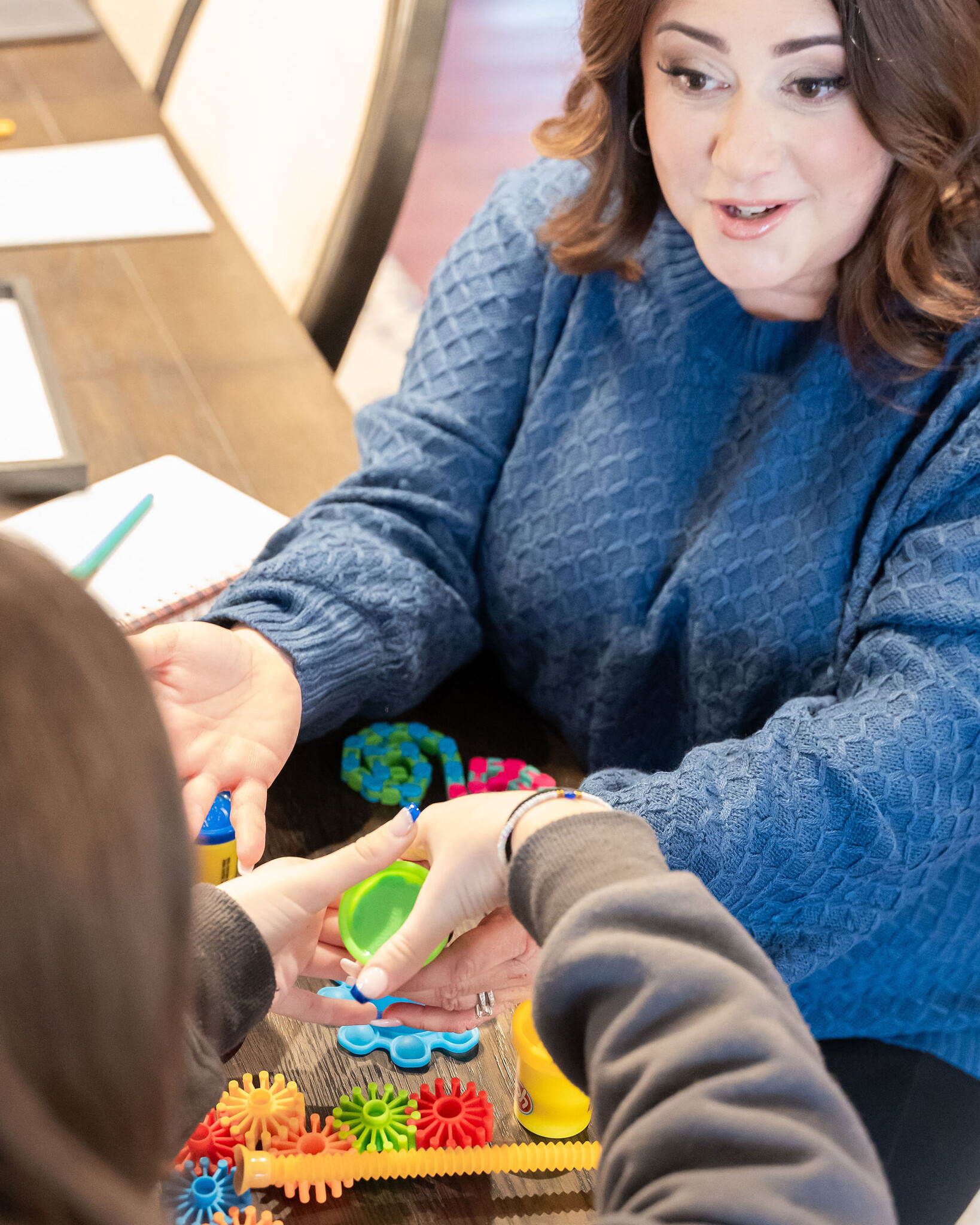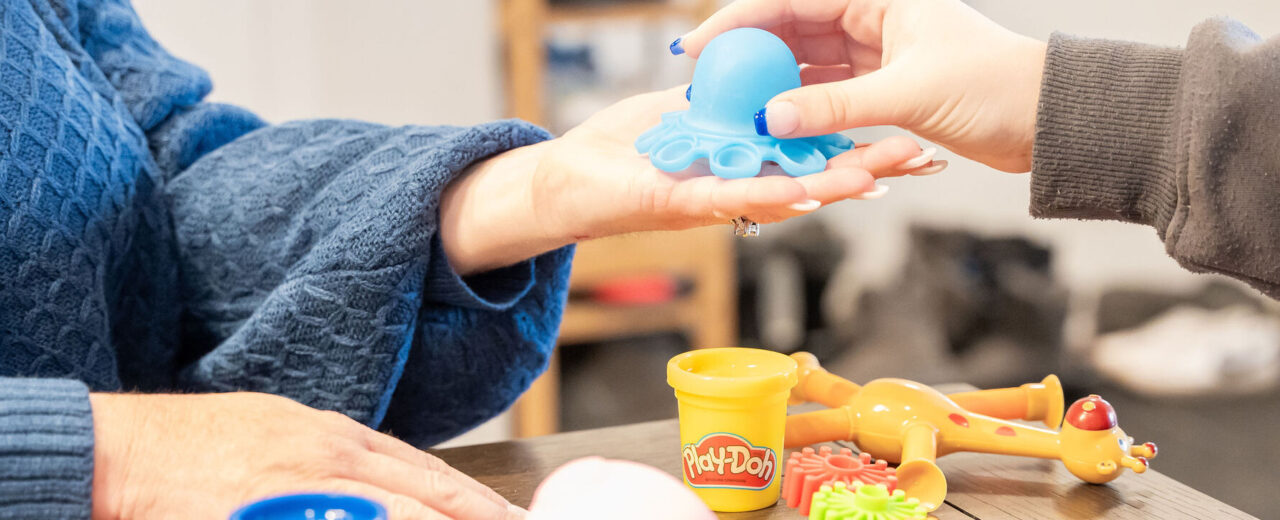 Coaching for Families Facing Behavioural Challenges
Coaching for Families Facing Behavioural Challenges
Transforming Lives by Empowering Families with Behaviour Support Services
A 2023 survey reports 77% of public elementary teachers have personally experienced violence or witnessed violence against another staff member by students. It also revealed that two-thirds of the teachers reported the severity of incidents has increased, and educators working with younger students are more likely to experience violence. A child with behavioural needs adds stress, frustration, anger, guilt, shame, and loneliness, and feeling that no-one understands what they are going through to families. Children who receive early intervention and support for behavioural issues are more likely to succeed academically, develop healthy relationships, and lead productive lives. Investing in behaviour support services for low-income families is an investment in the future. Giving parents the skills to learn how to address challenges early on, families will be better equipped to overcome obstacles and achieve long-term stability, and will have a calmer home environment for everyone.
Necessity
Behaviour support services for families of neurodivergent children living in low-income households in Canada.
Activity
Structured interventions and support for children with behavioural challenges and their families.
Countable effort
Every GOOD DEED will allow Glowing Hearts Charity to provide 1 minute of behaviour support services to a child and their family.
Result
Children will live in calmer homes with an increased chance to succeed academically, develop healthy relationships, and lead productive lives.
Systemic effect
Disrupt the cycle of poverty by supporting the mental health, growth, and development of children in need.
Background
Some of the many possible reasons for increased behavioural needs in children: shifts in societal norms, family structures, and community dynamics can impact children's behaviour; Covid-19; family breakdowns, increased screen time, social media influence, and changes in parenting styles; mental health issues among children and adolescents, including anxiety, depression, ADHD, and trauma-related disorders; economic disparities and poverty can have a significant impact on children's behaviour; low-income families may face stressors related to housing instability, food insecurity, lack of access to quality healthcare, and exposure to violence, all of which can contribute to behavioural challenges; trauma or adverse childhood experiences, such as abuse, neglect, or witnessing violence; and families without the financial means don’t have the funds to access outside resources to get the support they and their children need. By equipping families with these skills, behaviour support services empower them to address behavioural challenges more proactively and effectively. Providing assessment, intervention, skill-building, support, and linkage to resources, behaviour support services empower families to foster healthy development, improve relationships, and enhance overall well-being.
The good deed
Behaviour support services begin with an assessment of the individual's behaviour and the family dynamics. This helps identify the underlying factors contributing to the behavioural challenges, whether they are related to developmental issues, mental health conditions, environmental stressors, or other factors. Understanding the root causes is essential for developing effective intervention strategies. Based on the assessment, professionals work with the family to develop customized intervention plans tailored to the unique needs and circumstances of the individual and the family. Plans may include specific strategies for managing challenging behaviours, teaching new skills, modifying the environment, and promoting positive interactions within the family. Teaching individuals and family’s practical skills for managing behaviour more effectively is a focus. This may involve teaching strategies for self-regulation, communication, problem-solving, conflict resolution, and social skills.

About Simcoe County, Ontario, Canada
Simcoe County does not have a designated capital. Barrie is the largest city and often serves as a central hub for the region.
Simcoe County has a population of approximately 540,000 people. It has several large urban centers like Barrie and Orillia, and also includes smaller towns such as Midland, Collingwood, and Wasaga Beach. Barrie alone has a population exceeding 150,000.
While exact GDP per capita figures for Simcoe County are not readily available, its regional economy would likely place it slightly below Ontario's overall average.
Simcoe County’s development indicators—education, health, and income—would likely place it in a similar range to Ontario's overall HDI, which is very high. Overall, the county provides a high standard of living.
Simcoe County is home to Wasaga Beach, which boasts the longest freshwater beach in the world. Stretching approximately 14 kilometers along the shores of Georgian Bay.
About the organization and further information

Glowing Hearts Charity
Website
https://www.glowingheartscharity.org/
Further information and source
- • Elementary Teachers Federation of Ontario, 2023. ETFO All-Member Violence Survey Results.
- • Shepard, S. A. & Dickstein, S., 2009. Preventive Intervention for Early Childhood Behavioral Problems: An Ecological Perspective. Child and Adolescent Psychiatric Clinics of North America. Vol. 18-3, pages 687-706.
- • The Challenging Behaviour Foundation, 2023. Impact of Caring on Families. Chatham, UK.




